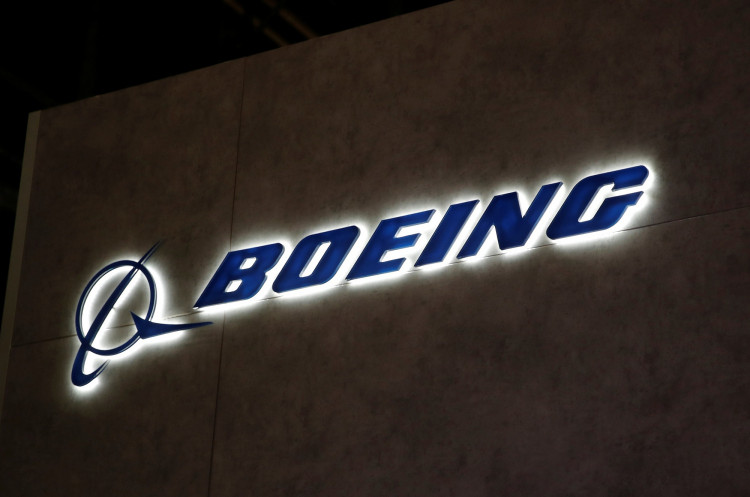Boeing has put forth a significant offer to its employees-a 25% pay increase over the next four years-in a bid to prevent a potentially crippling strike that could halt its production lines as early as this week. The proposed deal, which also includes enhanced healthcare and retirement benefits, comes at a crucial time for the aerospace giant as it grapples with ongoing financial challenges and attempts to rebuild its tarnished reputation.
The offer, described as "historic" by Boeing's Chief Operating Officer Stephanie Pope, is now in the hands of the more than 30,000 members of the International Association of Machinists and Aerospace Workers (IAM) union. Union leaders, who have been negotiating with Boeing for months, are urging their members to approve the deal, calling it "the best contract we've negotiated in our history." The vote is scheduled for Thursday, just before the current contract expires.
If the agreement is ratified, it would mark the first full labor contract between Boeing and the IAM in 16 years, ending a period of uncertainty that has loomed over the company since the last major labor strike in 2008. That strike, which lasted eight weeks, resulted in a contract that was extended in 2014 and is now set to expire.
The proposed contract falls short of the union's initial demand for a 40% pay increase, but negotiators are nonetheless championing the deal as a significant victory. In addition to the 25% wage hike, the agreement includes $3,000 lump-sum payments for each covered employee, improved health insurance benefits, and reduced overtime demands. Perhaps most notably, Boeing has committed to building its next-generation commercial airplane in the Seattle area, a promise that would secure jobs in the region for years to come.
Union members will also gain more influence over safety and quality issues under the new contract. This provision comes as Boeing continues to address the fallout from a series of self-inflicted crises, including two fatal crashes in recent years that have severely damaged the company's reputation and financial standing.
Boeing's new Chief Executive Officer, Kelly Ortberg, who took the helm just last month, is facing immense pressure to steer the company back on course. His appointment comes at a time when Boeing is reporting deepening financial losses, and the company is eager to avoid the disruption a strike would cause to its operations.
"The company finds itself in a tough position due to many self-inflicted missteps," IAM negotiators said in a statement. "It is IAM members who will bring this company back on track."
The significance of this proposed contract is not lost on Boeing's leadership. Stephanie Pope, CEO of Boeing Commercial Airplanes, emphasized the benefits of the deal in a message to employees, highlighting the largest general wage increase in the company's history, as well as improved retirement contributions and better work-life balance initiatives. "The contract offer provides the largest-ever general wage increase, lower medical cost share to make healthcare more affordable, greater company contributions toward your retirement, and improvements for a better work-life balance," Pope said.
Boeing's stock responded positively to the news, jumping 4.5% in premarket trading on Monday, though it remains down nearly 37% for the year amid ongoing safety concerns and executive turnover. The company's ability to secure this labor agreement without resorting to a strike could be seen as a stabilizing factor for its operations and a potential turning point in its efforts to regain investor confidence.






